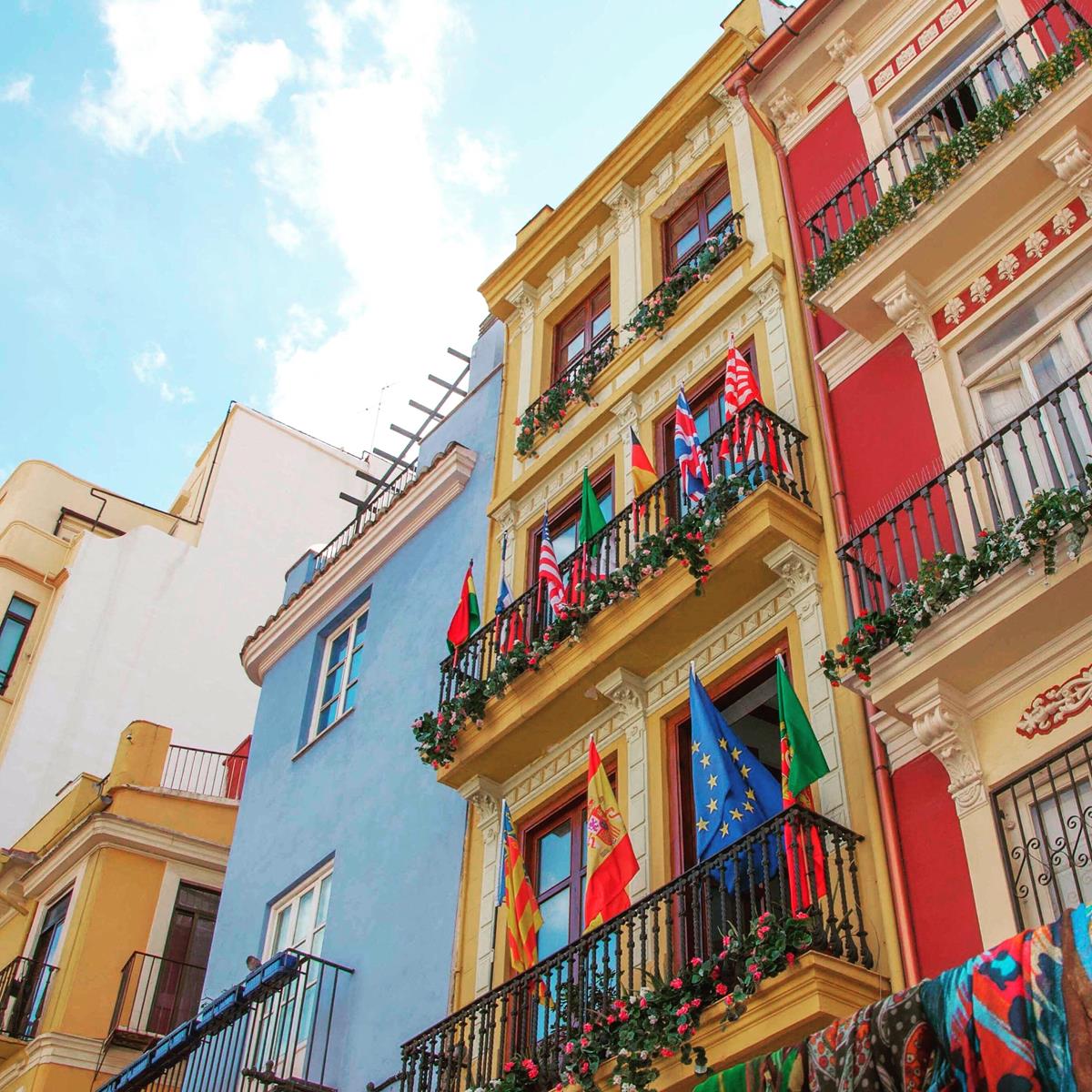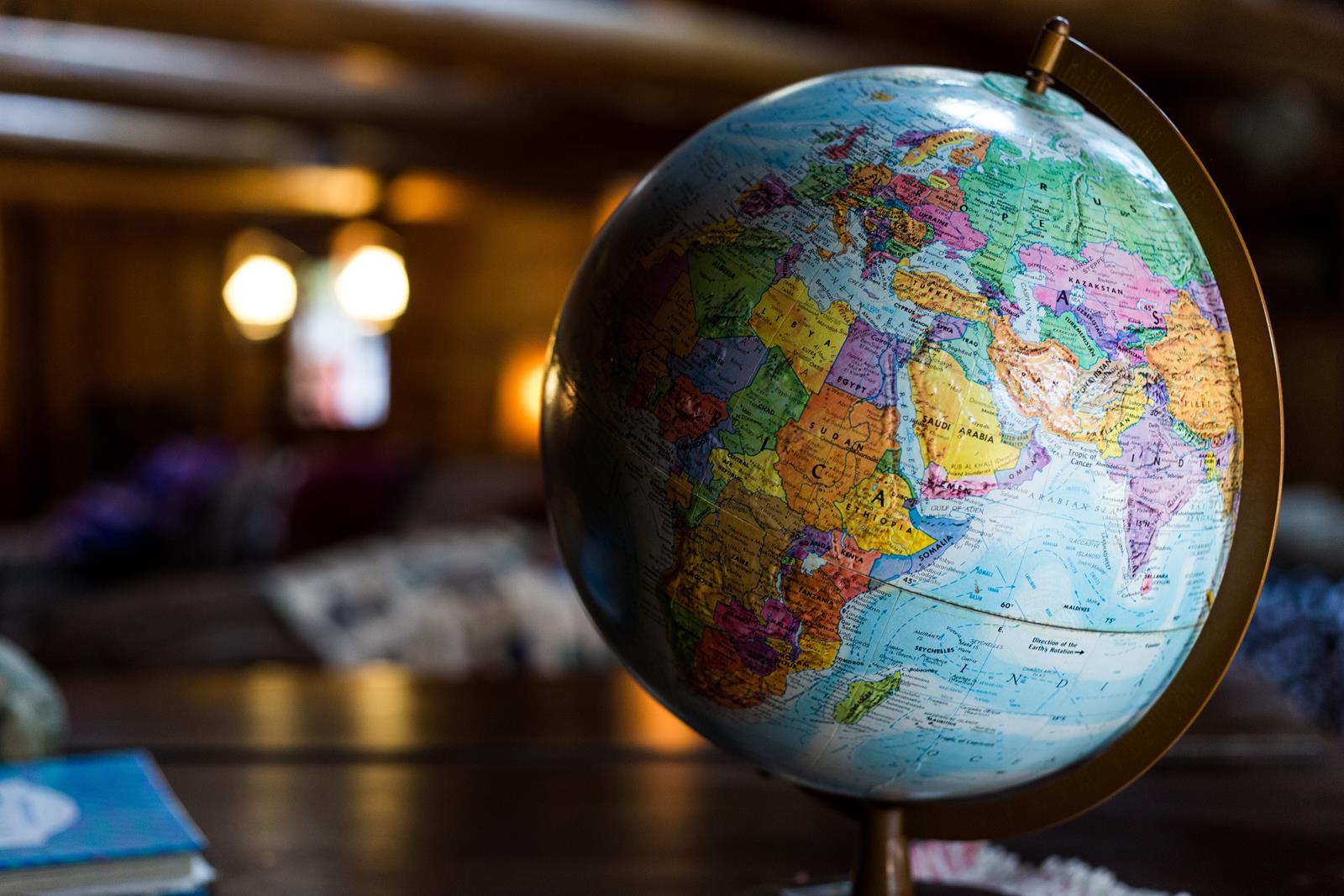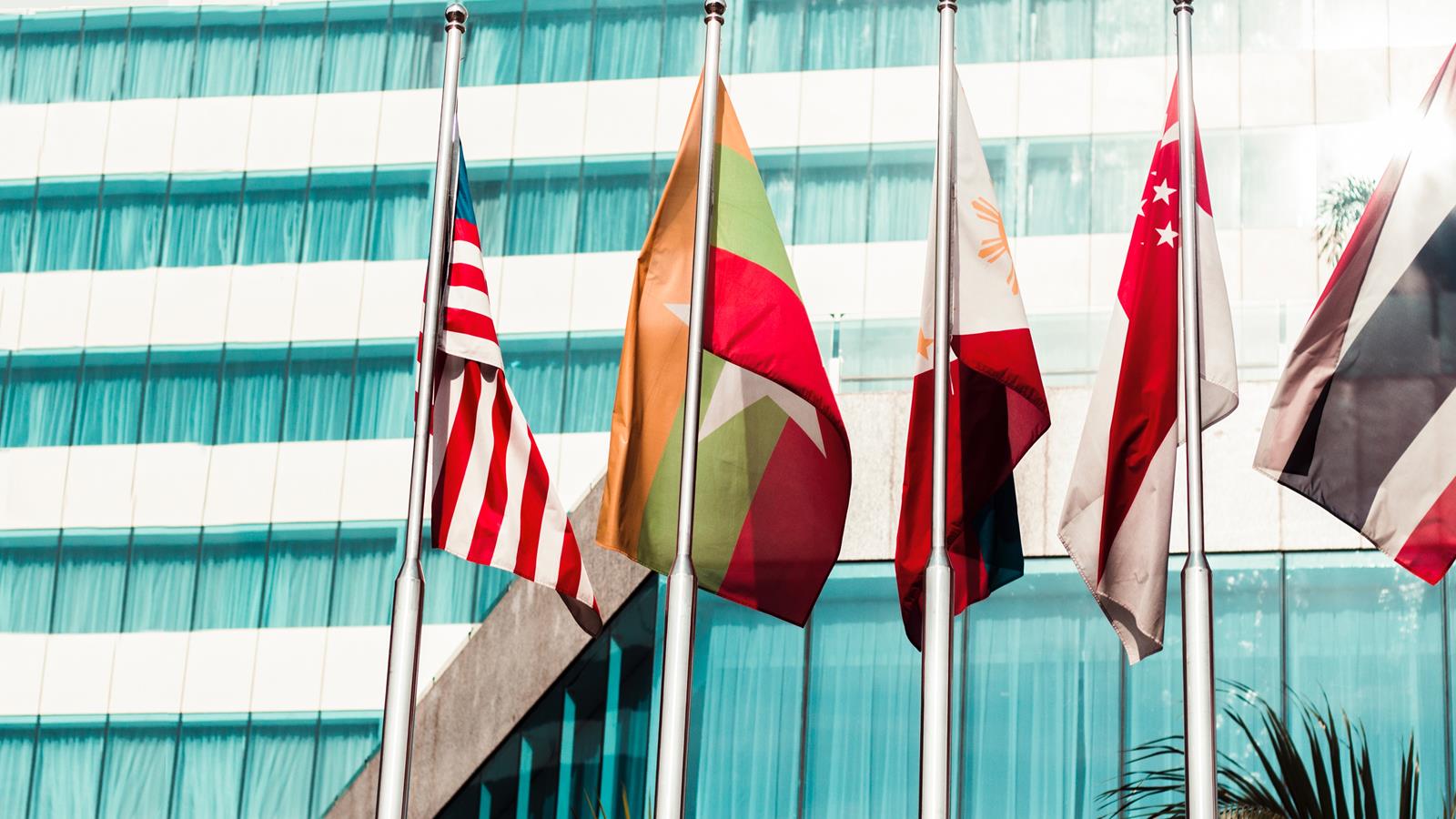Politics is the study of government and political action undertaken by individuals or groups. Politics can be an analysis of society, institutions or groups, and their relationships to each other. Politics is the interaction of people in politics. In this modern world politics is the system of government formed by political parties and elected representatives of the citizens.
Politics as a study of public opinion and policy formation. Politics as a system of individual or group action. Politics as the analysis of political concepts, systems of government and political activities undertaken by individuals or groups. The field of politics has various definitions and these are discussed below.
Political Conceptions – there are various different political concepts; they include authoritarianism, liberalism, communism, corporativism, democracy and constitutionalism. Based on the above two categories, we have some specific political concepts; i.e. liberal democracy, centre-left, center-right, democratic socialist and national statehood. These make up the vast majority of modern political thoughts. The definitions and distinctions used here are subject to ongoing debates in academic circles.
Politics as a broad concept. Politics is a definition which has evolved over time. It makes up the basis of liberal arts studies, law, medicine, education and public administration. Politics as a set of political activities which have a social element. Politics is a definition which has evolved over time.
Politics as a theory. The most common political definition characterised by political scientists is a social constructionist theory of politics. Politics is a theory which is directed outward, with the aim of influencing social institutions. It is also a theory of knowledge. Politics is a set of ideas about how individuals and groups affect one another and society as a whole.
There are a number of political philosophers whose work I value most, especially those who were either ahead of us or keen to point out the flaws in our current understanding of politics. John Locke, Jean Bodet, Max Weber and Leo Tolstoy are a few notable thinkers who have laid the foundations for my own ideas of what politics really is. In particular, Locke’s Essay Concerning Human Understanding (I), together with his Treatise of Laws is perhaps the best written account of how politics as an idea works and how it should be practiced. I also value the work of Leo Tolstoy, one of the most famous and controversial of all time, who had a profound impact on my own political thinking. In particular, he managed to open my eyes to the nature of political morality and, by extension, politics itself.
In recent years there has been a resurgence in interest in political debate and political parties. This has seen a wider variety of political definitions and new terms being put into use. However, some recent broad definitions of what politics means do not account for many of the more prominent arguments concerning what politics really is. As an example, Oxford University’s definition of politics as ‘the process by which groups of people make political decisions collectively’ is too broad. It does not define politics as a process that takes into consideration the views of the individuals making those decisions, as suggested by Max Weber.
In light of this, I prefer to define politics as ‘the attempt by social groups to realize their common goals through a system of organized political action’ (political science e.g. Aristotle’s Theory of Politics). By adopting this narrower definition, we find that debates over what exactly politics is have little need to take up so much space on the internet and other platforms where we can express our opinions without having to engage in prolonged and often fruitless exchanges about definitions of what precisely is not politics. Rather than engaging in such pointless and annoying exchanges we should work towards clarifying what politics is so that we can start to eliminate the conflicts that arise from definitions. Only then can we move towards a truly healthy political environment.


